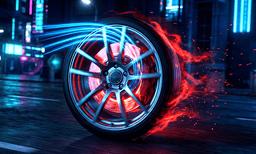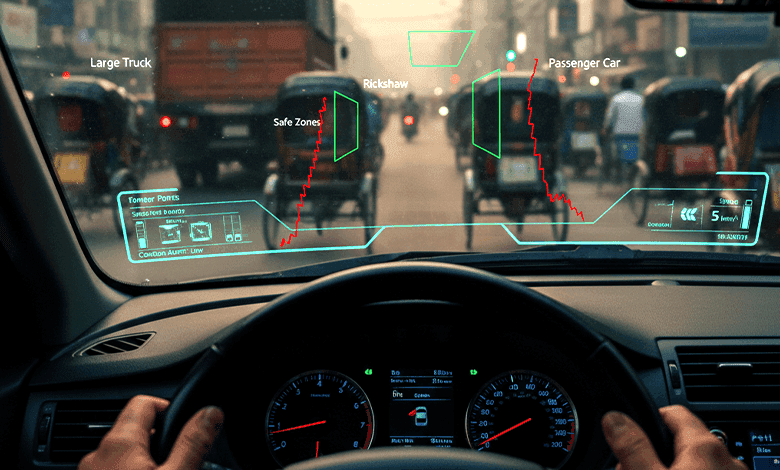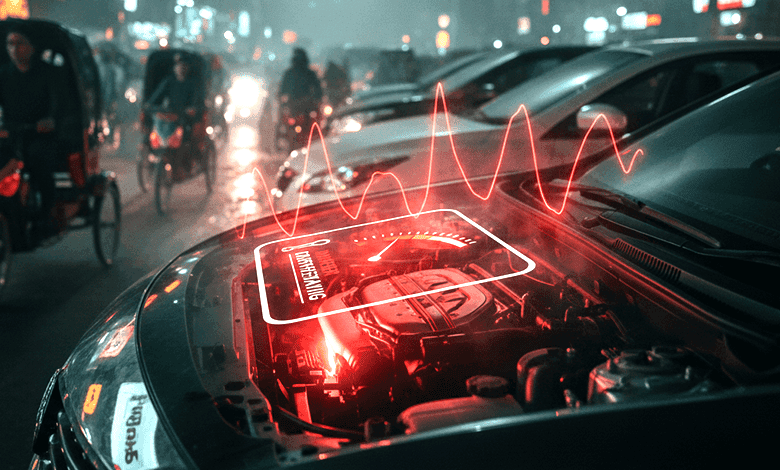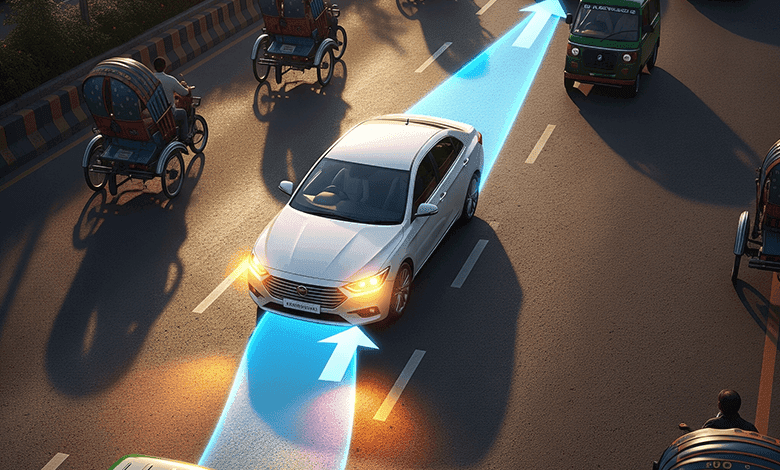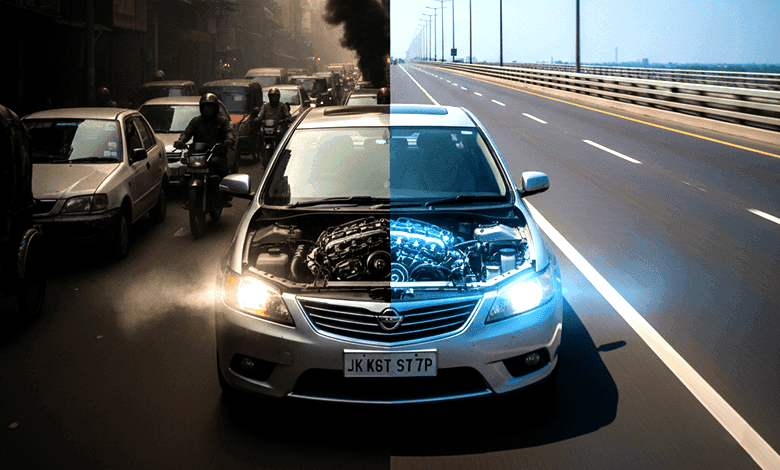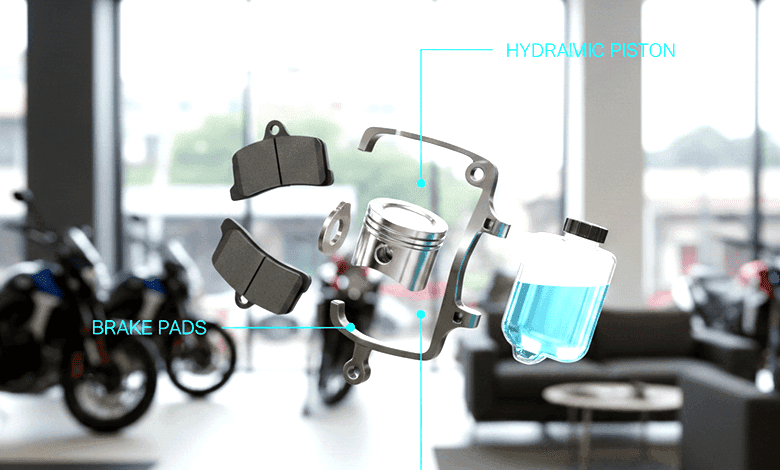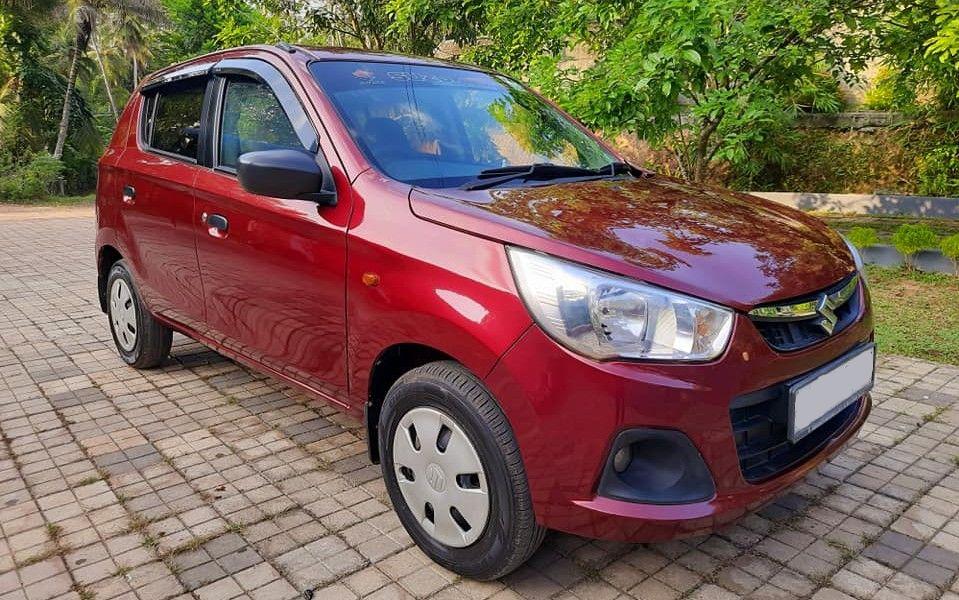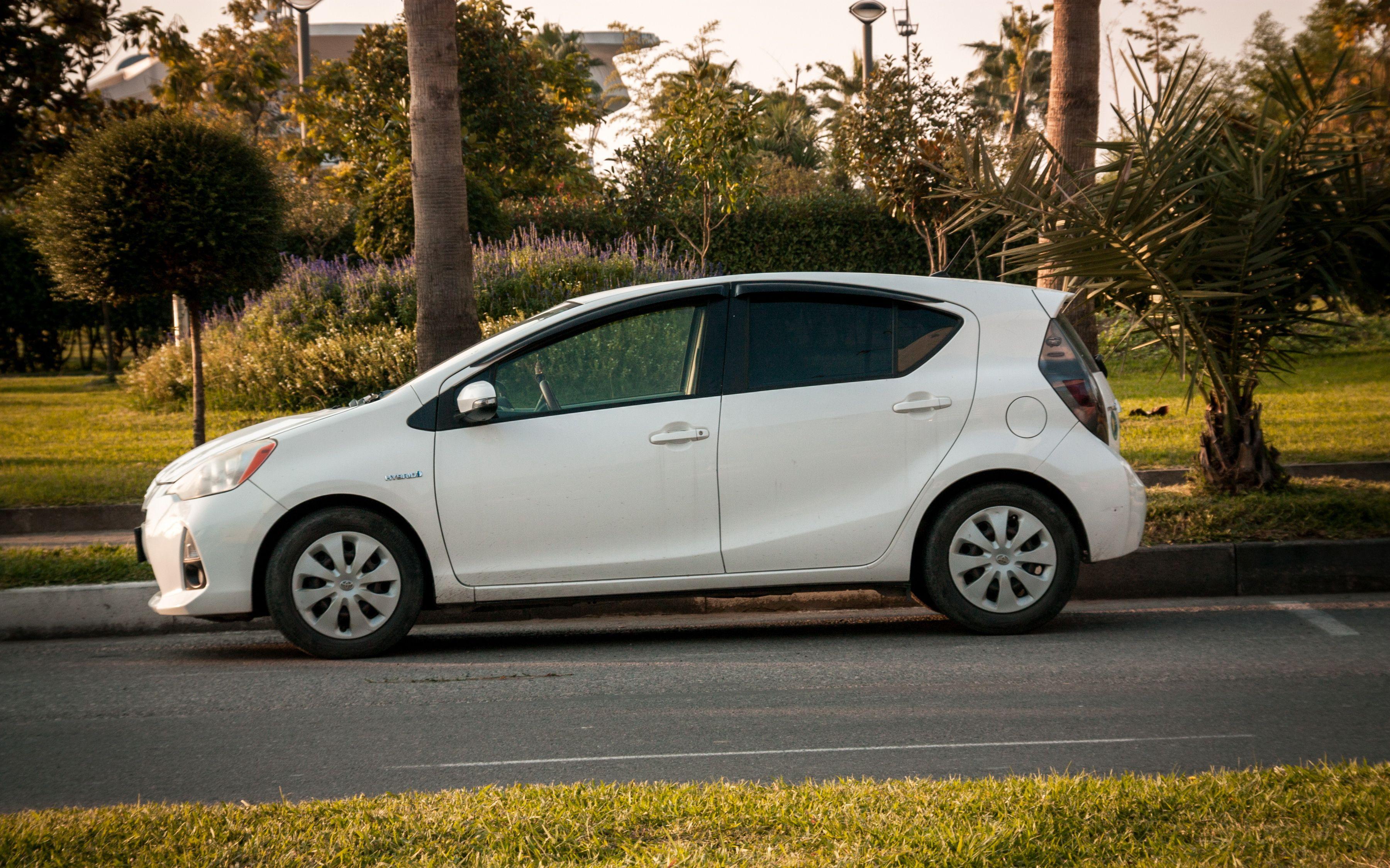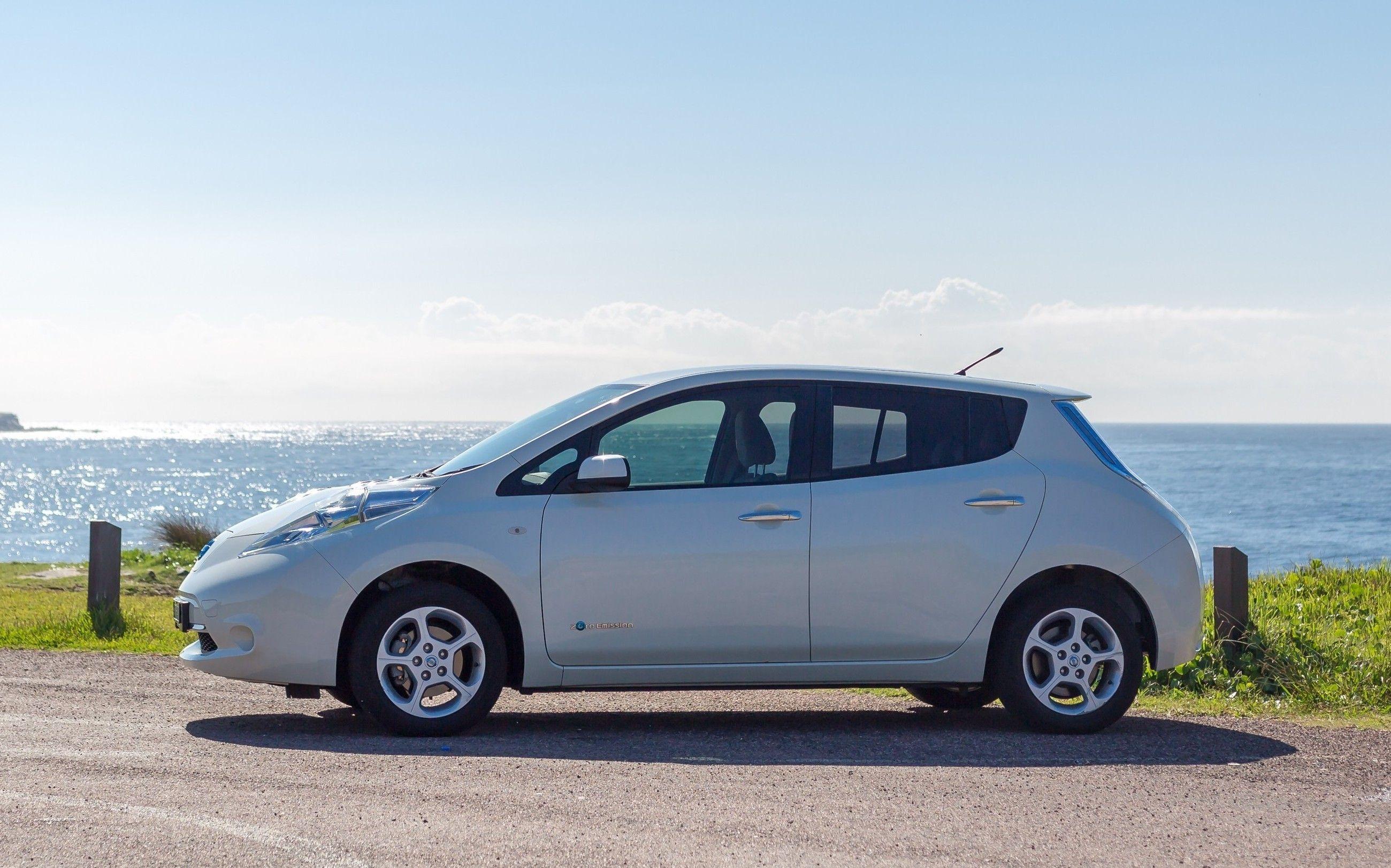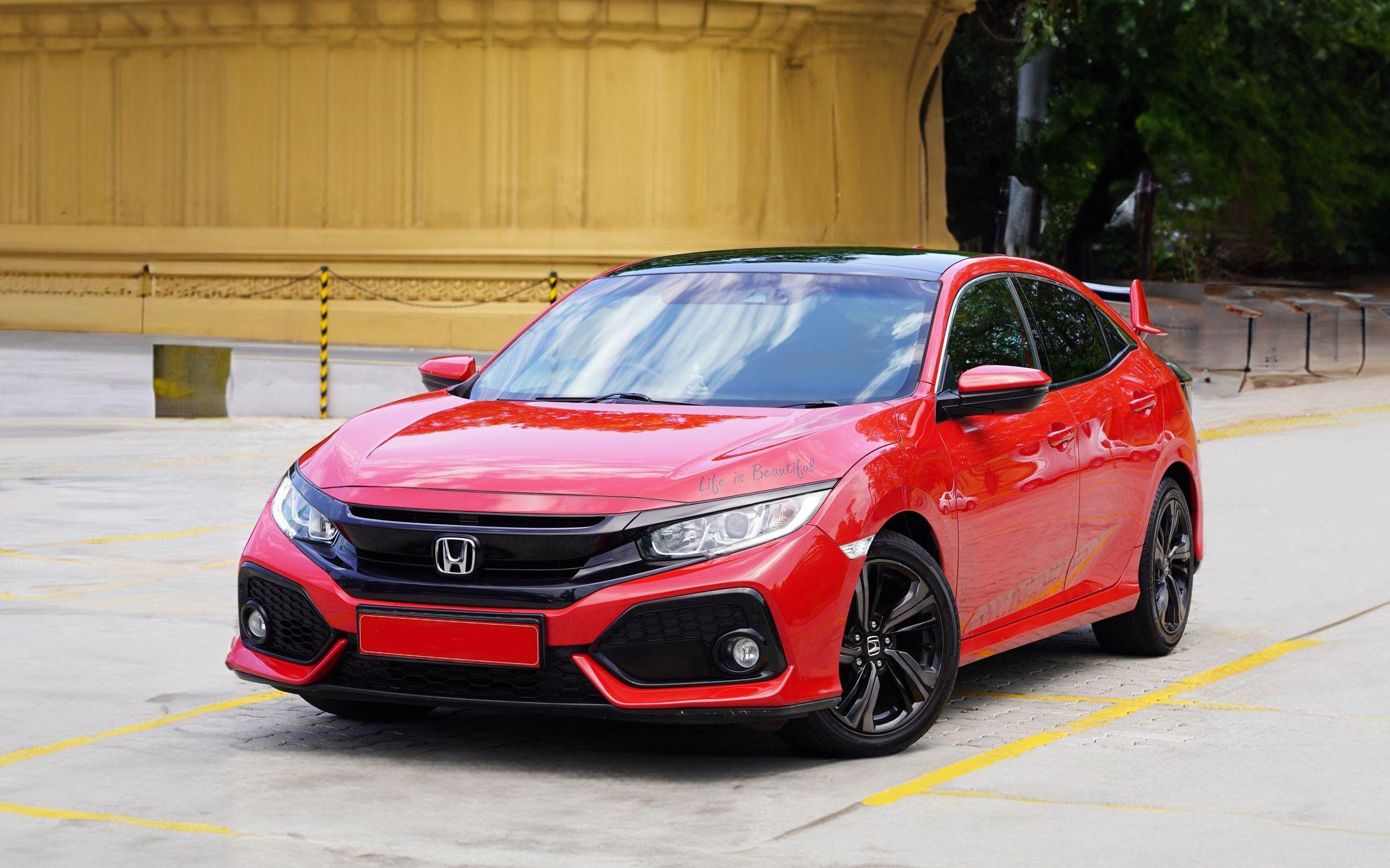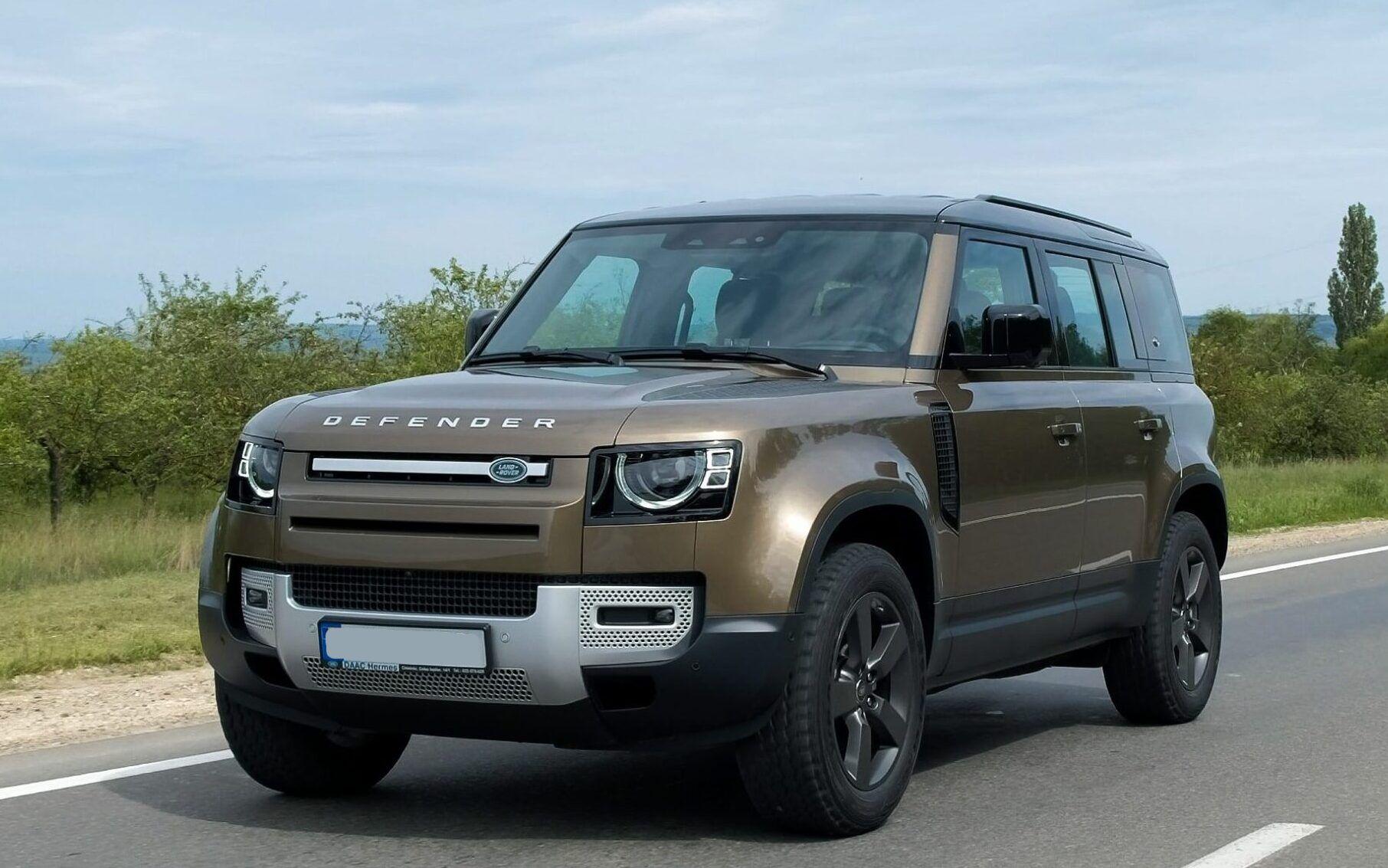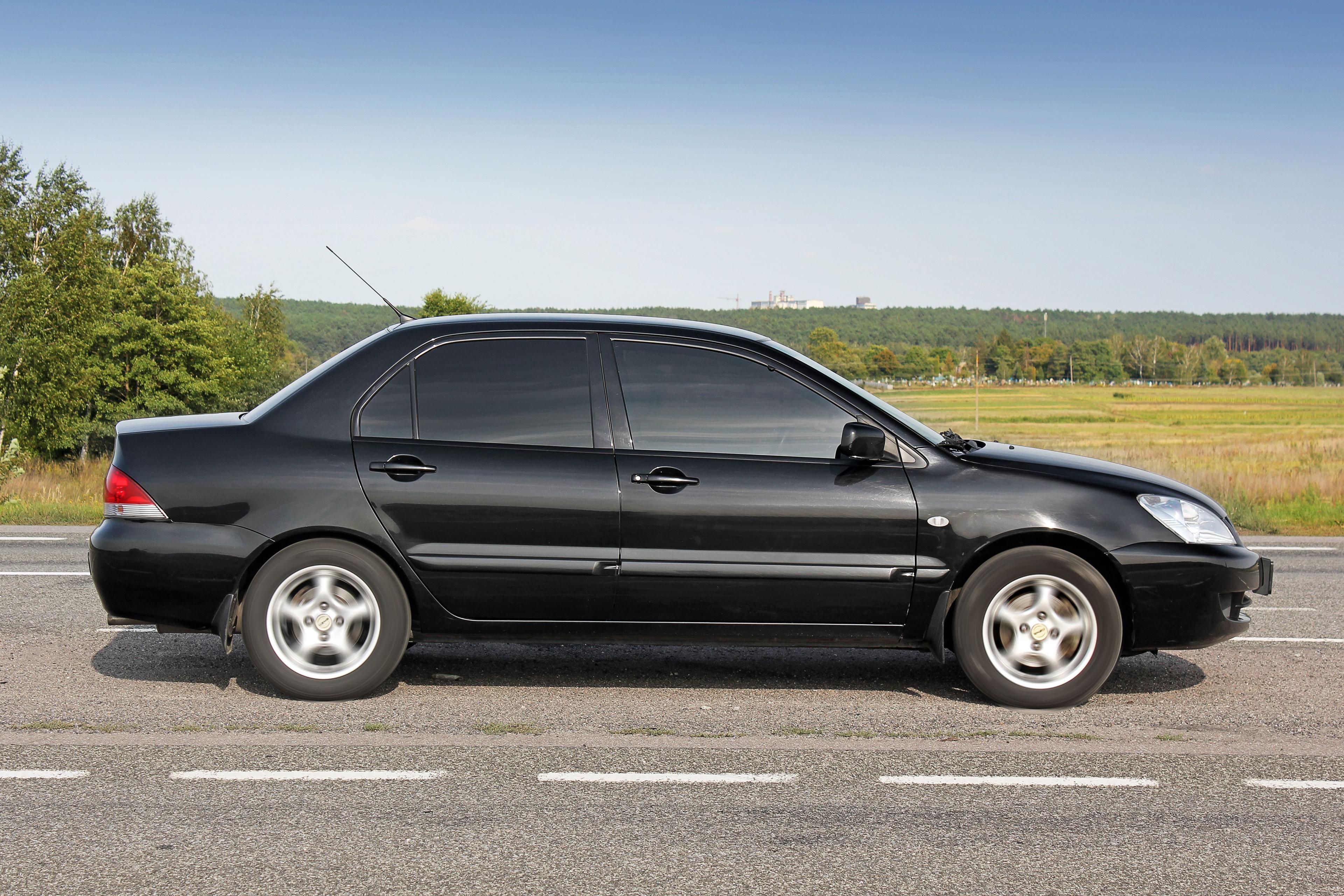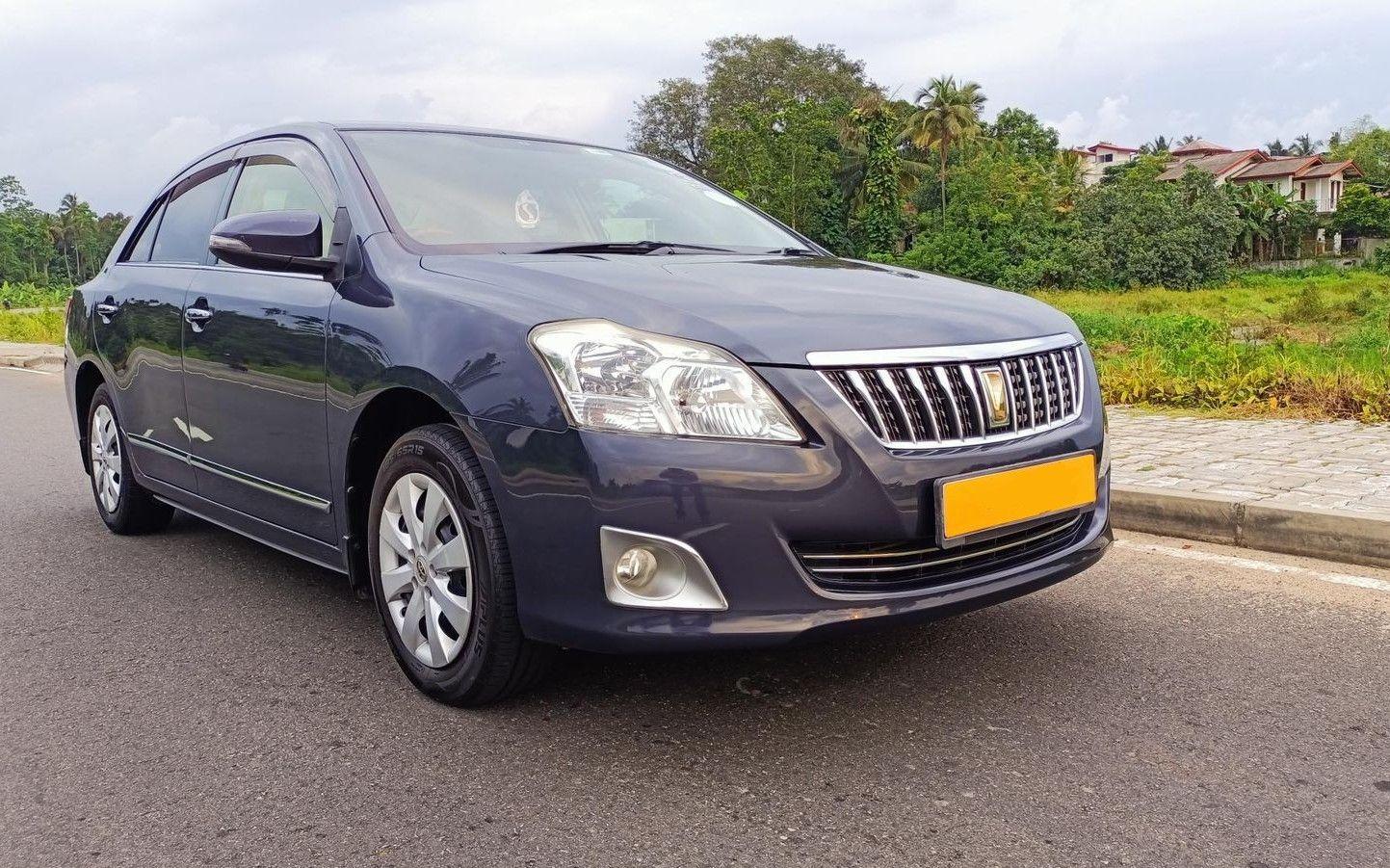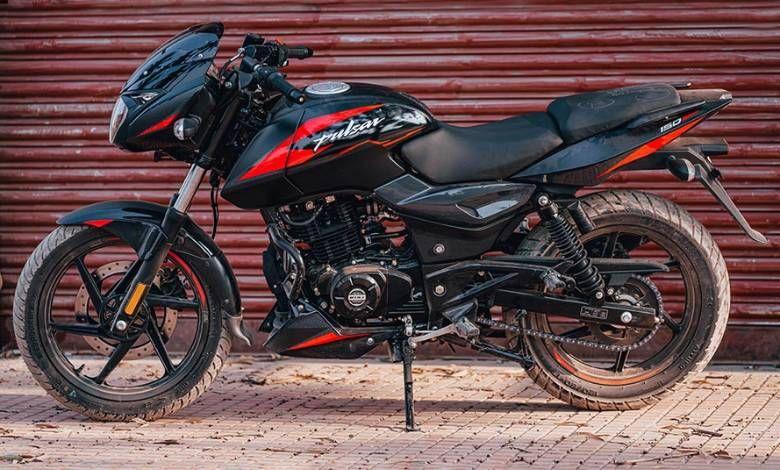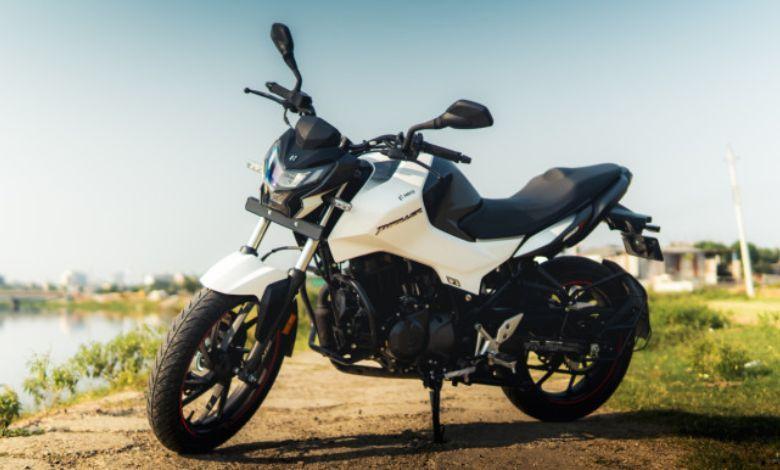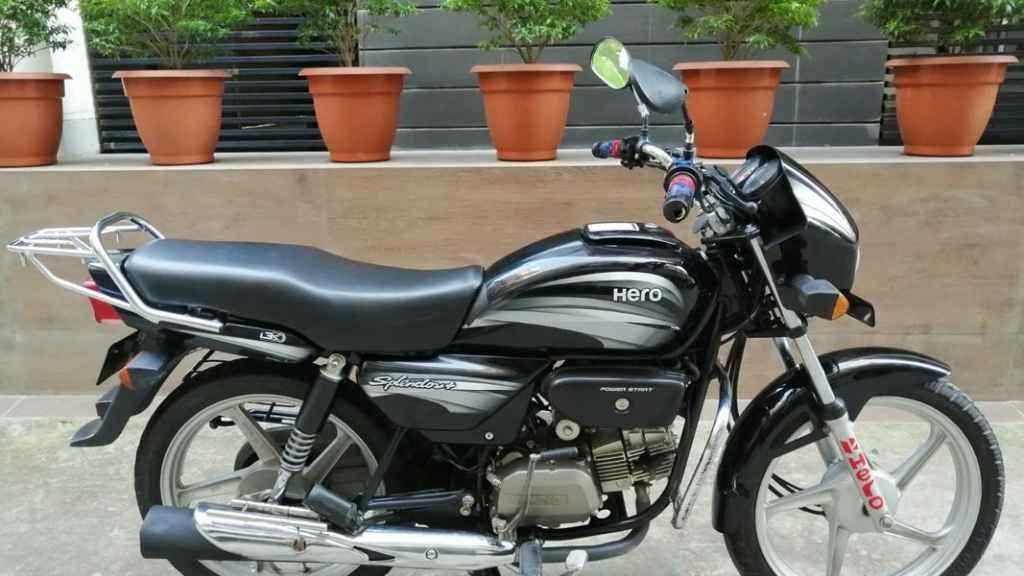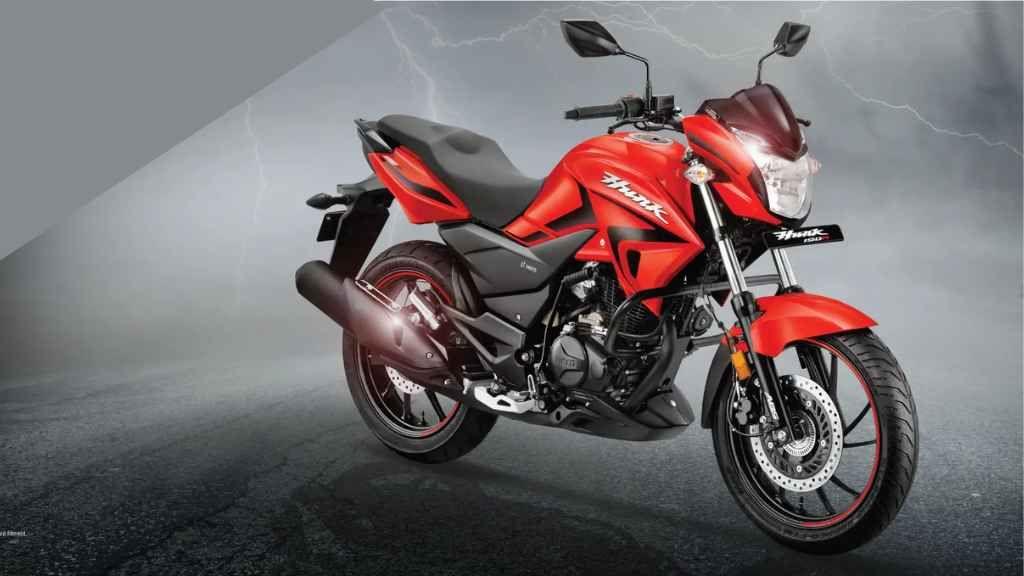Things to consider before buying an Old Vehicle
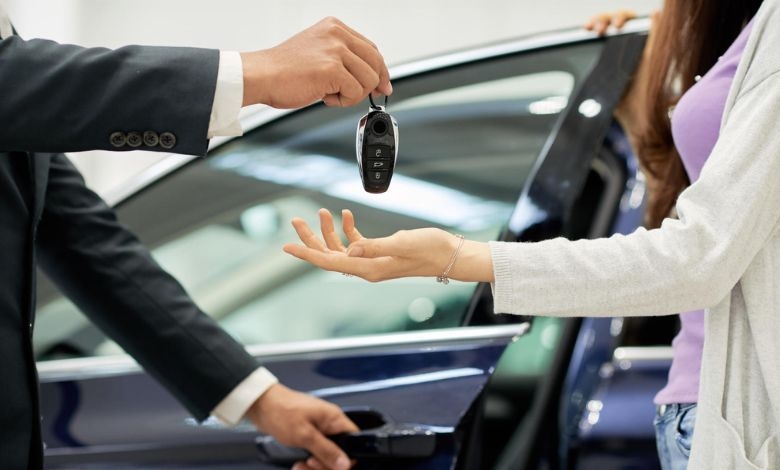
Many people want to buy used vehicles to save money and out of necessity. New model vehicles tend to cost more. In this case, older model vehicles are available for almost half or even less. The purpose of buying an old vehicle is to save money. You can save a lot of money buying a trouble-free and reliable used vehicle at the right price. However, if you don't buy the right used vehicle, it can increase your long-term expenses in terms of maintenance costs, servicing, mileage, etc.
You can buy a hassle-free vehicle by checking some technical aspects of the vehicle, engine knowledge, and licensing issues. For business, ridesharing, and general errands you don't need the latest model expensive vehicle, in these cases older vehicles are perfect. A lot of used vehicles are available in the market now at low prices.
Nowadays, customer interest in buying used vehicles for personal use is constantly increasing. But finding a top-class high-performing used vehicle of your choice is quite difficult. This blog discusses some tips and tricks before buying an old vehicle.
Things to Consider Before Buying an Old Vehicle
Used Vehicle Buying Guide – Technical Matters
- Current Condition: Check the engine, brakes, suspension, rust, paint condition, and interior (dashboard, seats, etc.).
- Maintenance: Review maintenance and repair records, including oil changes, Mobil, and tune-ups.
- Mileage: Check the odometer reading. If mileage is suspiciously low or the vehicle has been used excessively, avoid it. Seek technician help if needed.
- Fluid Discharge: Any leaking fluid is a bad sign. Avoid such vehicles.
- Functionality: Check tires, electric wiring, horn, steering, headlights, tail lamps, wipers, and fog lamps.
- Battery: Check condition and acid level to know vehicle age and maintenance.
- Smoke Color:
- Black smoke – excessive fuel burning
- White smoke – coolant leakage
- Blue smoke – engine oil problem
Used Vehicle Buying Guide – Official Documents
- Vehicle Registration: Check registration papers, chassis number, police case records, or arrears.
- Insurance Papers: Verify if updated and valid.
- Tax Papers: Ensure taxes are cleared.
- Warranty: Review warranty documents for repaired or replaced parts.
- Emission Standard: Confirm whether the vehicle meets Euro-1 or Euro-2 standards (Bangladesh law requirement).
- Fitness Certificate: Ensure it is valid and updated.
Other Things to Keep in Mind
- Take a test drive and listen to engine noise.
- Check how long the engine takes to start (battery, carburetor, fuel system issues).
- Bring an expert mechanic for inspection.
- Consider the vehicle’s future resale value.
- For older vehicles, ensure spare parts availability.
- Review the servicing history and check for urgent repair needs.
- Negotiate price according to condition.
Conclusion
The purpose of buying an old vehicle is to get hassle-free, long-lasting performance at a budget-friendly price. Vehicles are no longer just luxury items; they are a necessity for daily life. Although new vehicle prices are still high for the middle class, buying a well-maintained used vehicle at the right price can be a very practical solution.

